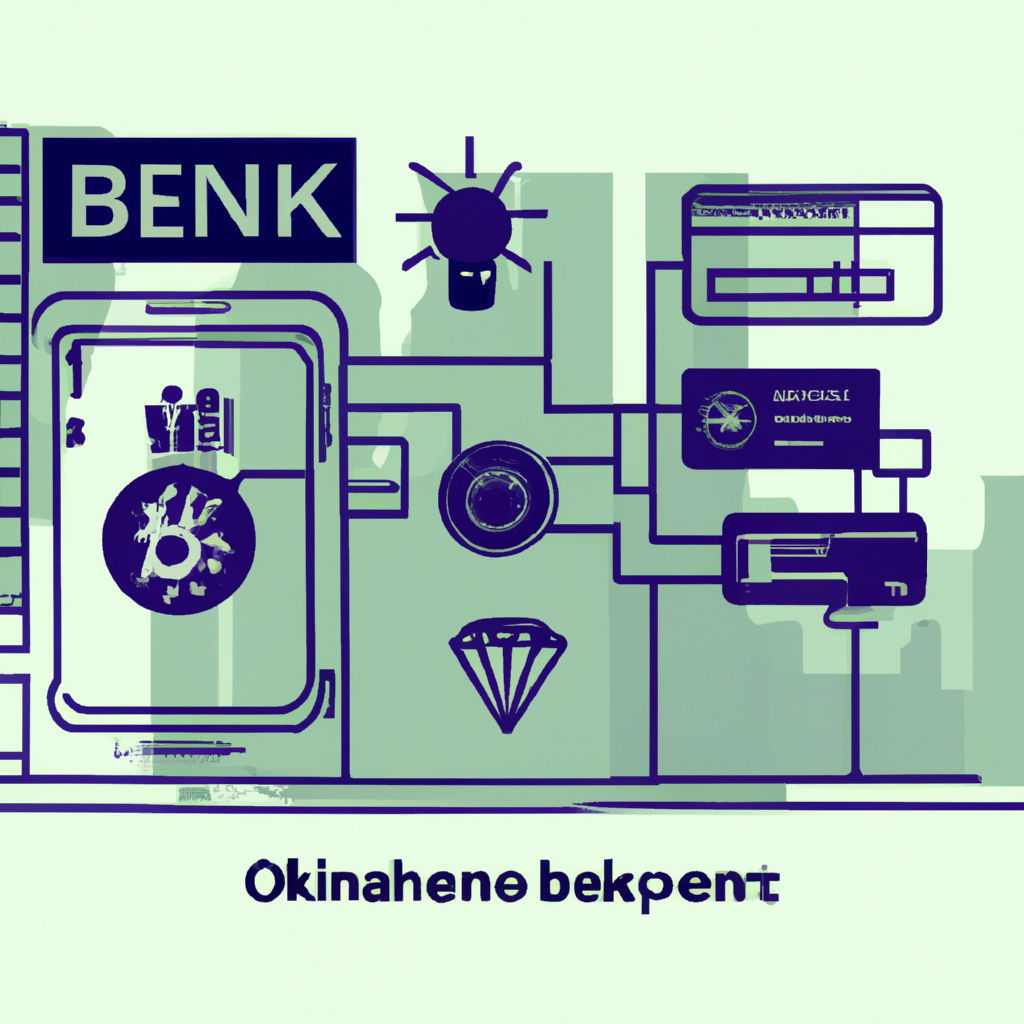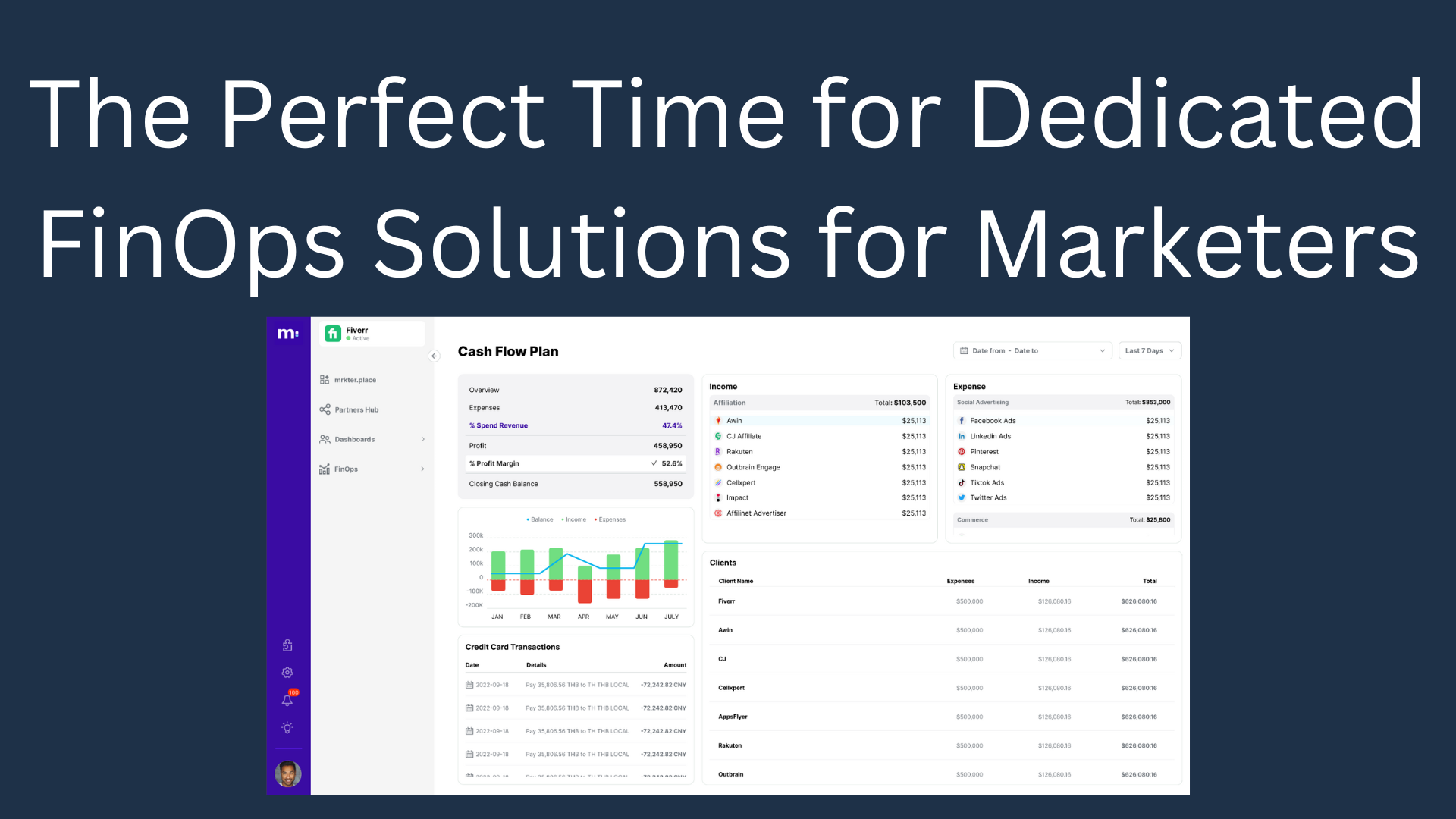
The role of open banking in the fintech industry
-
Table of Contents
- Introduction
- Exploring the Benefits of Open Banking for Fintech Companies
- How Open Banking is Transforming the Financial Services Industry
- The Impact of Open Banking on Financial Inclusion
- The Challenges of Implementing Open Banking in the Fintech Industry
- Understanding the Regulatory Framework for Open Banking in the Fintech Industry
- Q&A
- Conclusion
“Unlock the Future of Fintech with Open Banking”
Introduction
Open banking is a revolutionary concept that has revolutionized the financial technology (fintech) industry. It is a system that allows customers to securely share their financial data with third-party providers, such as banks, fintech companies, and other financial institutions. Open banking has enabled the development of innovative financial products and services, such as digital wallets, peer-to-peer payments, and automated investment advice. It has also enabled the emergence of new business models, such as marketplace lending and robo-advisors. Open banking has enabled the fintech industry to become more competitive, efficient, and customer-centric. This article will discuss the role of open banking in the fintech industry and its potential to revolutionize the way we manage our finances.
Exploring the Benefits of Open Banking for Fintech Companies
Open banking is a revolutionary concept that has the potential to revolutionize the financial services industry. It is a system that allows customers to securely share their financial data with third-party providers, such as fintech companies, to access a range of services. Open banking has the potential to provide a range of benefits to fintech companies, including improved customer experience, increased efficiency, and access to new markets.
Open banking enables fintech companies to access customer data in a secure and compliant manner. This data can be used to provide customers with personalized services, such as tailored financial advice and product recommendations. By leveraging customer data, fintech companies can create a more personalized experience for their customers, which can lead to increased customer satisfaction and loyalty.
Open banking also has the potential to increase the efficiency of fintech companies. By leveraging customer data, fintech companies can automate processes and reduce manual labor. This can lead to cost savings and improved operational efficiency. Additionally, open banking can enable fintech companies to access new markets and expand their customer base. By leveraging customer data, fintech companies can identify new opportunities and target new customers.
Overall, open banking has the potential to provide a range of benefits to fintech companies. By leveraging customer data, fintech companies can create a more personalized experience for their customers, increase efficiency, and access new markets. Open banking is a revolutionary concept that has the potential to revolutionize the financial services industry and provide a range of benefits to fintech companies.
How Open Banking is Transforming the Financial Services Industry
Open Banking is a revolutionary concept that is transforming the financial services industry. It is a system that allows customers to securely share their financial data with third-party providers, such as banks, fintechs, and other financial institutions. This data sharing is enabled through the use of application programming interfaces (APIs).
Open Banking has the potential to revolutionize the way financial services are delivered. It allows customers to access a range of services from different providers, giving them more choice and control over their finances. It also enables banks and other financial institutions to offer more personalized services to their customers.
Open Banking has already had a significant impact on the financial services industry. Banks are now able to offer customers more tailored services, such as personalized loan offers and tailored investment advice. Fintechs are able to offer customers more innovative products and services, such as budgeting tools and automated savings accounts.
Open Banking also has the potential to reduce costs for banks and other financial institutions. By using APIs, banks can reduce the cost of customer onboarding and data processing. This could lead to lower fees for customers and more competitive pricing for financial services.
Open Banking is also helping to increase competition in the financial services industry. By allowing customers to access a range of services from different providers, it is encouraging banks and other financial institutions to innovate and offer better services. This is leading to more choice and better value for customers.
Open Banking is transforming the financial services industry and is set to have a major impact on the way financial services are delivered in the future. It is enabling customers to access more tailored services, reducing costs for banks and other financial institutions, and increasing competition in the industry.
The Impact of Open Banking on Financial Inclusion
Open banking has the potential to revolutionize the way people access and manage their finances. It is a system that allows customers to securely share their financial data with third-party providers, such as banks, fintechs, and other financial institutions. This data can then be used to create innovative products and services that can help people better manage their money.
Open banking has the potential to significantly improve financial inclusion. By allowing customers to securely share their financial data, it can help to reduce the barriers to accessing financial services. This could be particularly beneficial for those who are traditionally underserved by traditional financial institutions, such as those living in rural areas or those with low incomes.
Open banking can also help to reduce the cost of financial services. By allowing customers to securely share their financial data, it can help to reduce the cost of providing services. This could be particularly beneficial for those who are traditionally underserved by traditional financial institutions, as they may be able to access more affordable services.
Open banking can also help to improve the quality of financial services. By allowing customers to securely share their financial data, it can help to create more personalized services that are tailored to the individual’s needs. This could be particularly beneficial for those who are traditionally underserved by traditional financial institutions, as they may be able to access more tailored services.
Overall, open banking has the potential to significantly improve financial inclusion. By allowing customers to securely share their financial data, it can help to reduce the barriers to accessing financial services, reduce the cost of providing services, and improve the quality of services. This could be particularly beneficial for those who are traditionally underserved by traditional financial institutions, as they may be able to access more affordable and tailored services.
The Challenges of Implementing Open Banking in the Fintech Industry
Open banking is a revolutionary concept that has the potential to revolutionize the financial services industry. It is a system that allows customers to securely share their financial data with third-party providers, such as fintech companies, to access a range of services. While open banking has the potential to provide a range of benefits to customers, it also presents a number of challenges for the fintech industry.
One of the biggest challenges of implementing open banking is the need to ensure the security and privacy of customer data. Open banking requires customers to share sensitive financial information with third-party providers, which can be a major security risk. Fintech companies must ensure that they have robust security measures in place to protect customer data and prevent unauthorized access.
Another challenge is the need to comply with a range of regulations. Open banking is a relatively new concept, and there are a number of regulations that must be adhered to in order to ensure compliance. Fintech companies must ensure that they are aware of all relevant regulations and that they are compliant with them.
Finally, there is the challenge of developing the necessary infrastructure to support open banking. Fintech companies must develop the necessary systems and processes to enable customers to securely share their data with third-party providers. This can be a complex and time-consuming process, and it requires significant investment.
Open banking has the potential to revolutionize the financial services industry, but it also presents a number of challenges for the fintech industry. Fintech companies must ensure that they have robust security measures in place to protect customer data, comply with relevant regulations, and develop the necessary infrastructure to support open banking.
Understanding the Regulatory Framework for Open Banking in the Fintech Industry
Open banking is a rapidly growing sector of the fintech industry that is transforming the way financial services are delivered. It is a system that allows customers to securely share their financial data with third-party providers, such as banks, credit unions, and other financial institutions. This data can then be used to provide customers with more personalized services, such as budgeting tools, loan comparison services, and more.
The open banking system is regulated by a number of different laws and regulations. These regulations are designed to ensure that customer data is kept secure and that customers are protected from fraud and other financial risks. In the United States, the primary regulator of open banking is the Consumer Financial Protection Bureau (CFPB). The CFPB is responsible for ensuring that open banking providers comply with consumer protection laws and regulations.
In addition to the CFPB, other federal agencies, such as the Federal Deposit Insurance Corporation (FDIC) and the Office of the Comptroller of the Currency (OCC), also have a role in regulating open banking. These agencies are responsible for ensuring that open banking providers comply with banking laws and regulations.
At the state level, open banking is regulated by state banking departments. These departments are responsible for ensuring that open banking providers comply with state banking laws and regulations.
Finally, open banking is also subject to a number of international regulations. These regulations are designed to ensure that open banking providers comply with international standards for data security and consumer protection.
Overall, the regulatory framework for open banking is designed to ensure that customers are protected from fraud and other financial risks. It is also designed to ensure that open banking providers comply with consumer protection laws and regulations. By understanding the regulatory framework for open banking, customers can be sure that their financial data is secure and that they are protected from fraud and other financial risks.
Q&A
Q1: What is open banking?
A1: Open banking is a system that allows customers to securely share their financial data with third-party providers, such as fintech companies, through the use of application programming interfaces (APIs). This data sharing enables customers to access a range of financial services, such as budgeting tools, loan comparison services, and more.
Q2: How does open banking benefit the fintech industry?
A2: Open banking provides fintech companies with access to customer financial data, which can be used to develop innovative products and services. This data can also be used to create more personalized experiences for customers, as well as to improve the accuracy of risk assessments and fraud detection.
Q3: What are the risks associated with open banking?
A3: Open banking carries the risk of data breaches and unauthorized access to customer financial data. To mitigate these risks, open banking systems must be designed with strong security measures in place.
Q4: What are the regulatory requirements for open banking?
A4: Open banking is subject to a range of regulatory requirements, including data protection and privacy laws, as well as anti-money laundering and counter-terrorism financing regulations.
Q5: What are the benefits of open banking for customers?
A5: Open banking enables customers to access a range of financial services, such as budgeting tools, loan comparison services, and more. It also allows customers to securely share their financial data with third-party providers, giving them more control over their finances.
Conclusion
Open banking has revolutionized the fintech industry by providing a secure and efficient platform for financial transactions. It has enabled customers to access their financial data and make payments quickly and securely. Open banking has also enabled fintech companies to develop innovative products and services that are tailored to the needs of their customers. Open banking has enabled the fintech industry to become more competitive and efficient, and it is likely to continue to play an important role in the future of the industry.


